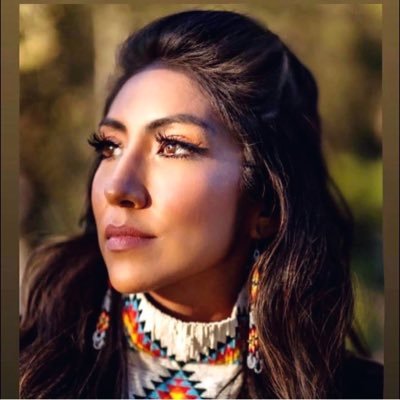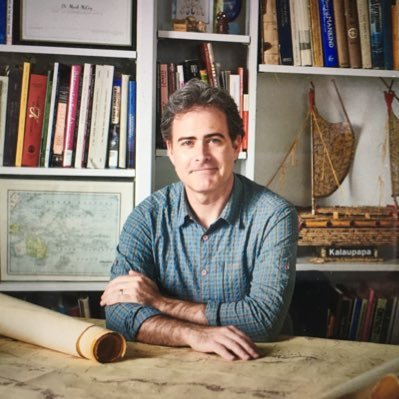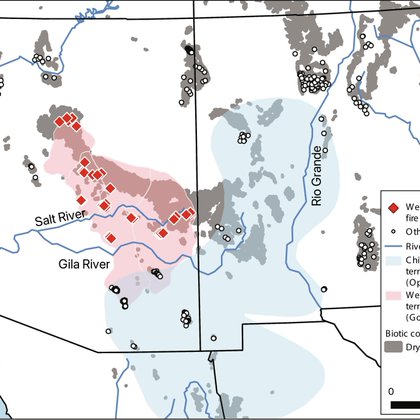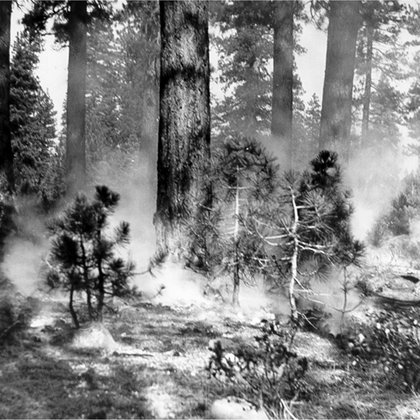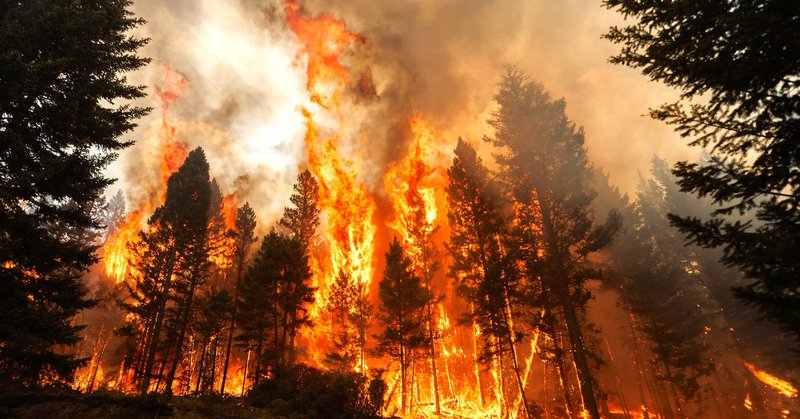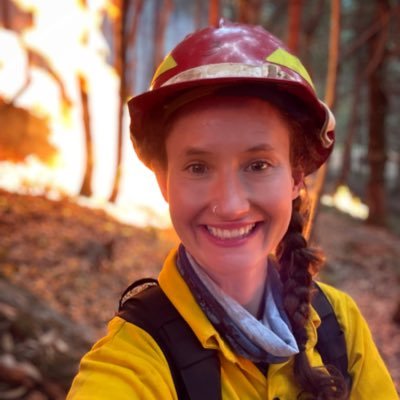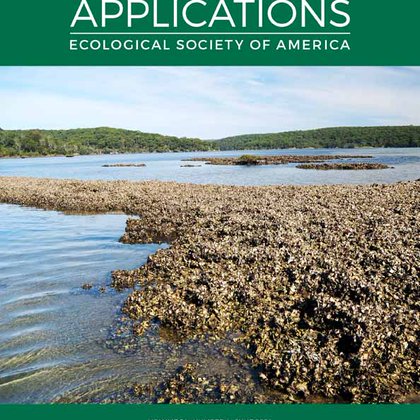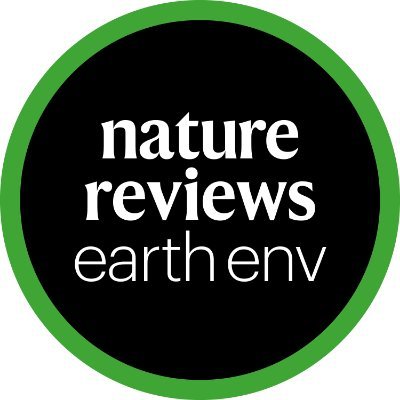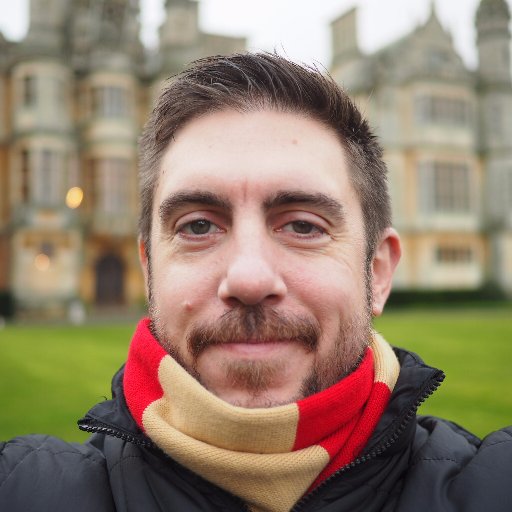
Chris Roos
@croos_SMU
Followers
430
Following
2K
Media
47
Statuses
1K
“Rose” - Professor of Anthropology and Earth Sciences @SMU. Environmental archaeologist and human pyrogeographer. Fire, climate, society, past and present.
Joined August 2015
Very excited to share this new open access paper written with @ChrisGuiterman, Ellis Margolis, @Tom_Swetnam, Nick Laluk, Kerry Thompson, Chris Toya, C Farris, P Fule, J Iniguez, M Kaib, C O'Connor, and L Whitehair. A thread🧵
1
26
93
This is a great job if you have the right skills. I am looking at you archaeometry-types.
0
0
0
A study of traditional fire-use practices by Anishinaabe Indigenous Peoples is an examination of the ecology of Great Lakes forests and a model for working with traditional ecological knowledge holders as partners rather than just data sources. In PNAS: https://t.co/AWSeii0j3R
0
5
10
Do you know an archaeologist who finished their PhD in the past three years? Nominate them for the SAA Dissertation Award. Deadline: 30 September 2025. https://t.co/88CyZ4Vg37
0
1
2
Many thanks to Steve Pyne for his thoughtful comments on our latest paper. https://t.co/q2roijFG8P
pnas.org
Identifying the influence of low-density Indigenous populations in paleofire records has been methodologically challenging. In the Southwest United...
0
0
0
"Roos et al. have managed to find information where it was thought implausible... We have a lot of fire in our future. But then we have had a lot of fire for all of our past. It is there to learn from if we choose to look for it." https://t.co/rCjqLdslM1
pnas.org
Rediscovering fire
1
2
3
Christopher Roos of @SMUDedman joins a collaborative study showing how Western Apache spring burns kept forests resilient for centuries and offer wildfire lessons we need today. 📰: https://t.co/18FKkYmSOT
1
5
12
Our paper demonstrates that Apache people used fire to manage landscapes in the American Southwest for centuries, leaving a distinct signature in tree-ring fire history records #goodfire #wildfire Led by @croos_SMU @PNASNews
Tree-ring fire records from 649 pine trees in central and eastern Arizona show that fires occurred more often in the territory of the Western Apache, or Ndee, than in other regions between 1600–1870, suggesting a culturally controlled fire regime. In PNAS: https://t.co/5GW8Swq02p
7
89
322
New research led by SMU Dedman fire scientist Dr. Christopher Roos, shows that Western Apache communities in Arizona actively shaped the fire landscape long before modern wildfire strategies. Learn more: https://t.co/UxFJIiQJTV
0
1
2
Pre-print: Maximizing vegetation representation of the catchment in sedimentary DNA with targeted cores in small lakes #sedaDNA
biorxiv.org
Sedimentary DNA is becoming an invaluable tool for biodiversity assessments across spatial and temporal scales. Accurate interpretation, however, requires a clear understanding of its origin and...
0
1
1
Indigenous cultural burning in the American Southwest @croos_SMU @PNASNews
pnas.org
Identifying the influence of low-density Indigenous populations in paleofire records has been methodologically challenging. In the Southwest United...
0
7
14
6/Tree-rings reveal that these patterns persisted for centuries. We need to learn more from Indigenous knowledge and experience built over centuries to millennia to better understand our current wildfire problems and how we can get out of them.
0
0
2
5/Altogether, this meant that climate had much less influence on fire patterns within Ndee landscapes than in the rest of the region.
1
0
1
4/And based on within-ring fire-scar positioning, there was a bias towards greater fire occurrence in late April or May (early earlywood scars), which is when Western Apache (Ndee) people moved back into pine forests each year as part of their seasonal mobility patterns.
1
0
0
3/And by looking at ratios of the fire return intervals of widespread vs. all fires, we were able to show that fires were overwhelmingly small compared to the rest of the region.
1
0
0
2/Using 649 tree-ring samples from across ~48,800 km2 of Western Apache homelands, we show that mean fire intervals were unusually short in Apacheria compared to 3,880 tree-ring samples from across Arizona and New Mexico outside of Apacheria. All samples from dry conifer forests.
1
0
2
1/New Open Access paper in PNAS with an outstanding team of collaborators: Tree rings reveal persistent Western Apache (Ndee) fire stewardship and niche construction in the American Southwest. @Scholar_Melinda
https://t.co/q2roijFG8P
pnas.org
Identifying the influence of low-density Indigenous populations in paleofire records has been methodologically challenging. In the Southwest United...
1
2
8
For centuries, Native people used controlled burns to manage North America's forests. In a new interview, ecologist Lori Daniels talks about the long history of Indigenous burning and why the practice must be restored to help prevent catastrophic fires. https://t.co/FZefKpeVGH
e360.yale.edu
For centuries, the Native people of North America used controlled burns to manage the continent's forests. In an e360 interview, ecologist Lori Daniels talks about the long history of Indigenous...
1
11
21
Excited to share our new paper modeling historical cultural ignitions across a large landscape in N. California! Working with folks from the Karuk Tribe, we collaboratively developed a spatially-explicit landscape-scale model to simulate cultural burning.
esajournals.onlinelibrary.wiley.com
The combined effects of Indigenous fire stewardship and lightning ignitions shaped historical fire regimes, landscape patterns, and available resources in many ecosystems globally. The resulting...
1
16
51
Crystal Kolden et al. (incl. @climate_guy, @Jones_MattW) write on wildfires. TL;DR: 384 Mha of land was burnt, and Canada experienced its most severe fire season of the modern era. https://t.co/PAiQDkRzG9
1
6
10

